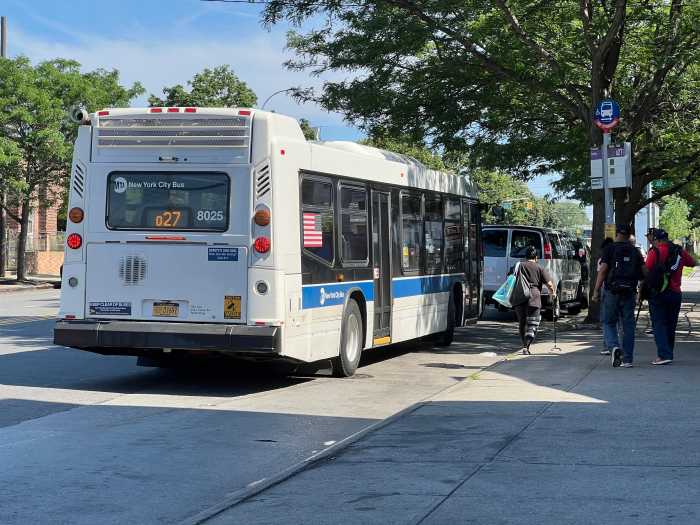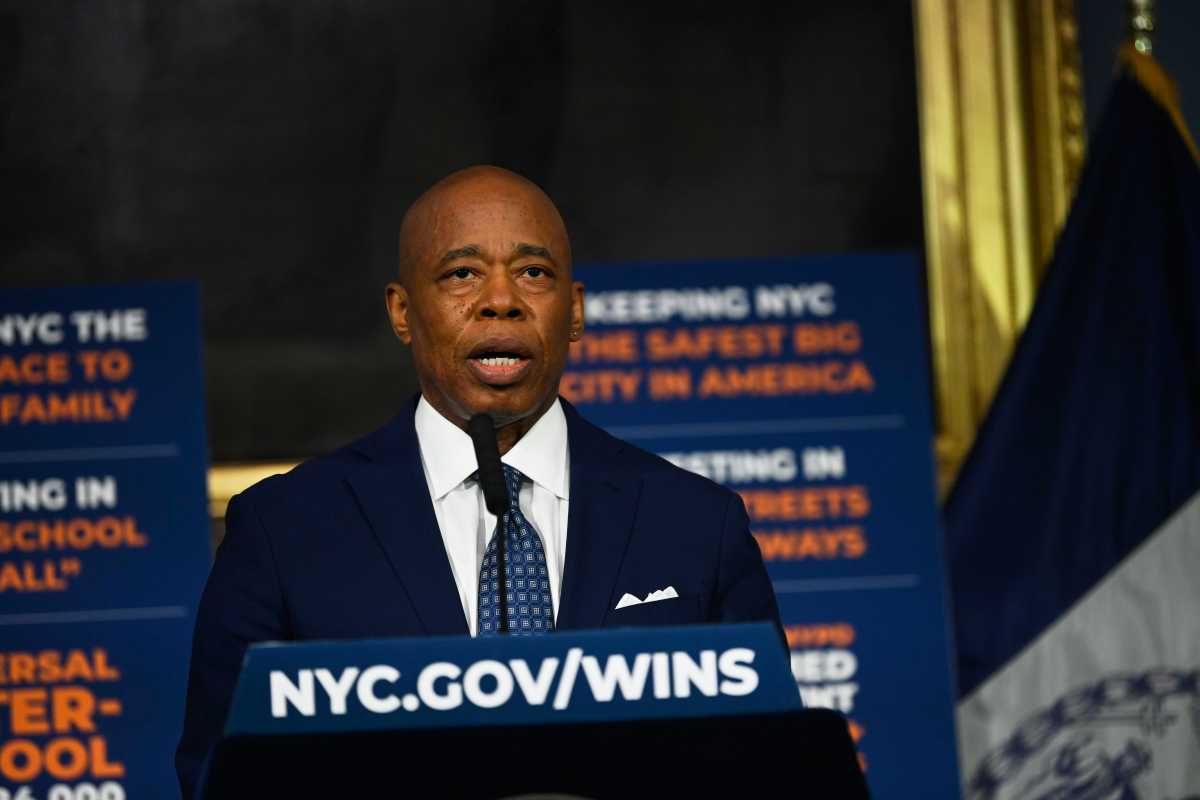The 411 On 311
Back when it was created, our city’s 311 system was revolutionary.

In 2003, then-Mayor Michael Bloomberg established the single phone number for New Yorkers to call with complaints or questions for any city agency. The move was a perfect example of a former business leader bringing an efficient, businesslike approach to his government work.
We no longer needed to figure out on our own which agency was responsible for the problem we had, and we no longer needed to track down the right phone number to call. Whatever the problem, we could get it resolved just by dialing 311.
The success of this visionary system depended on the city agencies actually responding to residents’ concerns. If people called 311 and failed to get results, they would not have trust in the new system. For the first few years, 311 worked well and improved New York City living.
Unfortunately, over time, as 311 became an institution in the city, it also became disliked by more and more New Yorkers. The problem is that some agencies ceased to be responsive to 311 requests. People spent time logging requests with the system but they didn’t get results, so 311 began to feel more like an impediment to help, instead of a useful tool.
We at the Woodhaven Residents’ Block Association (WRBA) have not given up on 311. We use it constantly for complaints of our own. We tell residents to log 311 requests for their problems first, so that they can then come to us with 311 service request numbers in hand. In April 2012, we held a “311 Day,” during which WRBA members called in complaints about a variety of issues. Generous donors contributed a fixed amount to the Woodhaven- Richmond Hill Volunteer Ambulance Corps for every 311 request logged. The WRBA also had a “Noisebusters” program, where multiple members called 311 all at once to report the same noise complaint.
And in a previous column, I laid out the case for impatient residents to use 311, underscoring how important it is for the city to have accurate records of problems in order to track patterns.
So we at the WRBA are fervent proponents of using 311. But we also recognize its shortcomings.
One issue is that if any city agency fails to be responsive to a 311 complaint, it sours the entire system—and all agencies’ responsiveness—for that resident. People begin to assume it’s 311’s fault that the problem didn’t get solved, so they stop using the system for all issues, rather than just for the type of issue they had that went unaddressed. That’s a big problem.
Second, agencies often close 311 requests, providing incomplete or inaccurate descriptions of the status. For example, we reported a damaged curb to 311.
The request was closed, with the following explanation: “The Department of Transportation will inspect the condition to determine if the location can be added to a curb contract (3-5 years).” In other words: maybe we’ll get to it in the next few years, and you have no way of keeping tabs on it.
Third, there are technical flaws in the system. One evening, it took me 18 minutes on the phone to log one request; the operator explained that her department’s computer systems had been very sluggish for weeks. And for several requests I logged on Sept. 15, the statuses say, “The status of your Service Request will be available within 48 hours.” They have stayed that way for nearly a month, and follow-ups with 311 and the relevant agency have yielded no progress.
The WRBA will continue to advocate use of the 311 system. But the city and its agencies also have to play their part to keep 311 effective.
* * *
Editor’s note: The next Woodhaven Residents’ Block Association meeting is on Saturday, Oct. 18, noon at the American Legion Hall, located at 89-02 91st St. Blenkinsopp is a member of Community Board 9 and director of communications for the WRBA. For additional information on the WRBA, visit www.woodhaven-nyc.org.





































